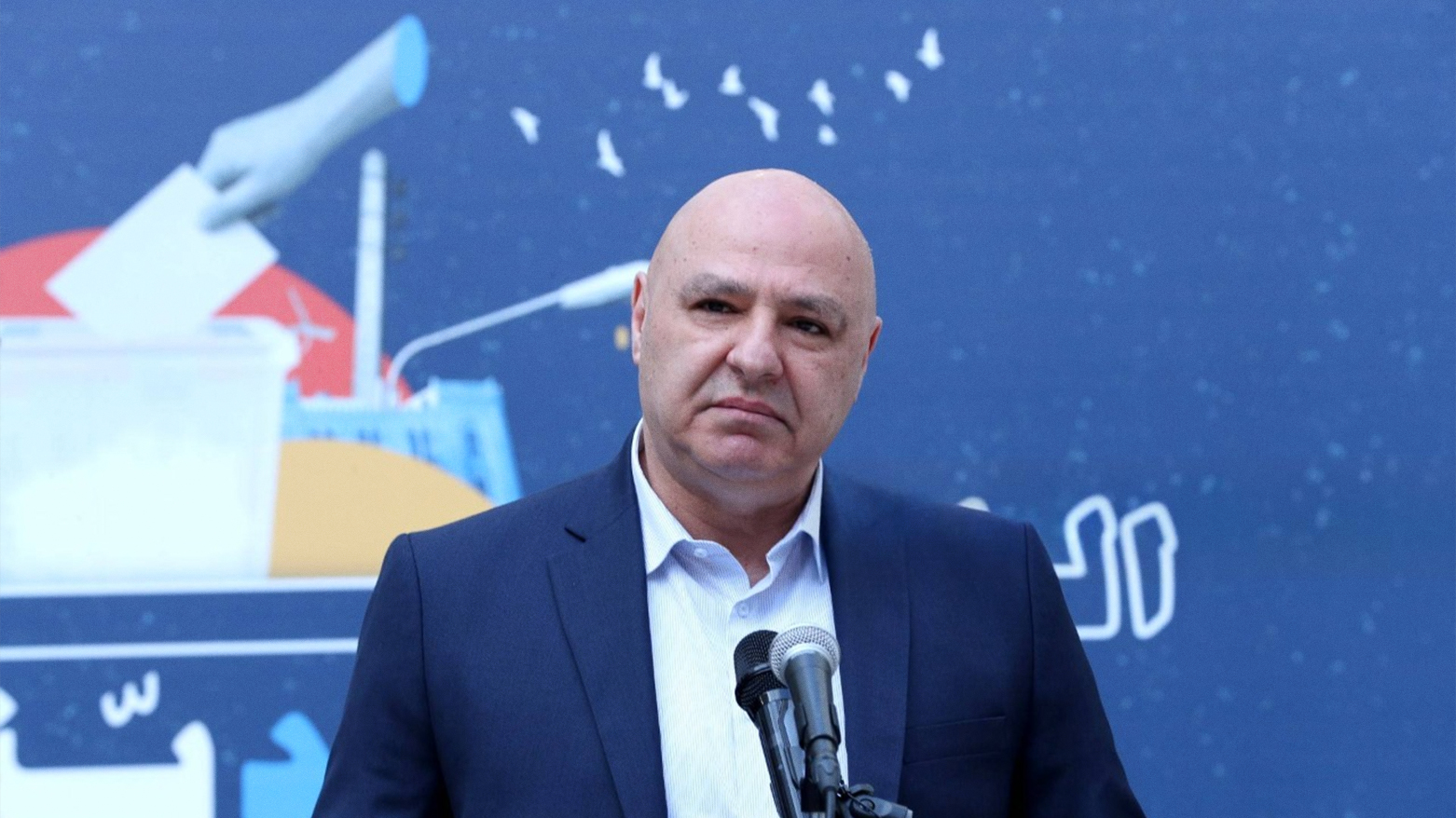Lebanese President Warns Hezbollah: “No Weapons Outside the State"
“We will take escalating measures against anyone who destabilizes the Lebanese arena,” he warned.

By Kamaran Aziz
ERBIL (Kurdistan24) – Lebanese President Joseph Aoun has issued a forceful appeal for the consolidation of state authority across Lebanon, declaring that Hezbollah must come to terms with the principle of state sovereignty. “Hezbollah has the right to participate in politics,” Aoun said in a televised interview with Egypt's "ON TV," “but weapons must remain in the hands of the state.”
The remarks come amid growing domestic and regional tensions, as Lebanese authorities intensify efforts to curb the activities of armed non-state actors. President Aoun, who has repeatedly underscored Lebanon’s neutrality in regional conflicts, reiterated his commitment to preventing any party from dragging Lebanon into confrontation.
In the interview, Aoun confirmed that Beirut has called for indirect negotiations with Israel under U.S. sponsorship to address unresolved land border issues, following the precedent set by maritime border talks. “I have not received any request for direct negotiations with Israel,” he stated, stressing that only the United States has the influence necessary to pressure Israel, while expressing confidence in Washington’s intentions.
On the domestic front, Aoun signaled a readiness to crack down on armed factions operating within Palestinian camps in Lebanon. “We will take escalating measures against anyone who destabilizes the Lebanese arena,” he warned, noting that he expects to discuss this issue during an upcoming meeting with Palestinian President Mahmoud Abbas.
Additionally, Aoun announced plans to seek engineering support from Egypt for Lebanon’s armed forces, particularly in handling explosives and underground tunnels. The request is expected to feature prominently in his discussions with Egyptian President Abdel Fattah el-Sisi.
According to a previous report by Kurdistan24 dated May 3, 2025, President Aoun convened an emergency session of Lebanon’s Higher Defense Council at Baabda Palace, where top civilian, military, and judicial officials issued a stern warning to Hamas and other non-state groups operating within Lebanese territory. The Council emphasized that no faction would be allowed to compromise Lebanon’s sovereignty or to use its soil for attacks against neighboring states.
“Security stability must be consolidated,” Aoun told the Council, invoking the 1989 Taif Accord as a constitutional basis for asserting national authority. He called on military and security agencies to ensure impartiality and professionalism in the upcoming municipal elections, underscoring their developmental nature and the need for public trust.
Prime Minister Nawaf Salam echoed these calls, warning that any breach of neutrality would undermine Lebanon’s already fragile democratic foundations. The Council also addressed the March rocket attacks launched toward Israel from Lebanese territory, confirming that arrests had been made and further prosecutions were imminent.
In a decisive policy stance, the Higher Defense Council recommended that the government formally warn Hamas and other groups against exploiting Lebanese land for hostile activities, affirming that the state would impose the "strictest measures" to preserve peace and order.
While reaffirming Lebanon’s solidarity with the Palestinian cause, President Aoun insisted that this solidarity does not justify actions that could endanger national security. “We reject any attempt to turn Lebanon into a platform for destabilization,” he said.
Lebanon's leadership now faces the dual challenge of asserting control over its fragmented security landscape while navigating a volatile regional environment. As Aoun presses forward with plans for indirect diplomacy, internal stabilization, and international cooperation, his administration is increasingly positioning itself as a bulwark against both domestic insurgency and regional entanglement.
